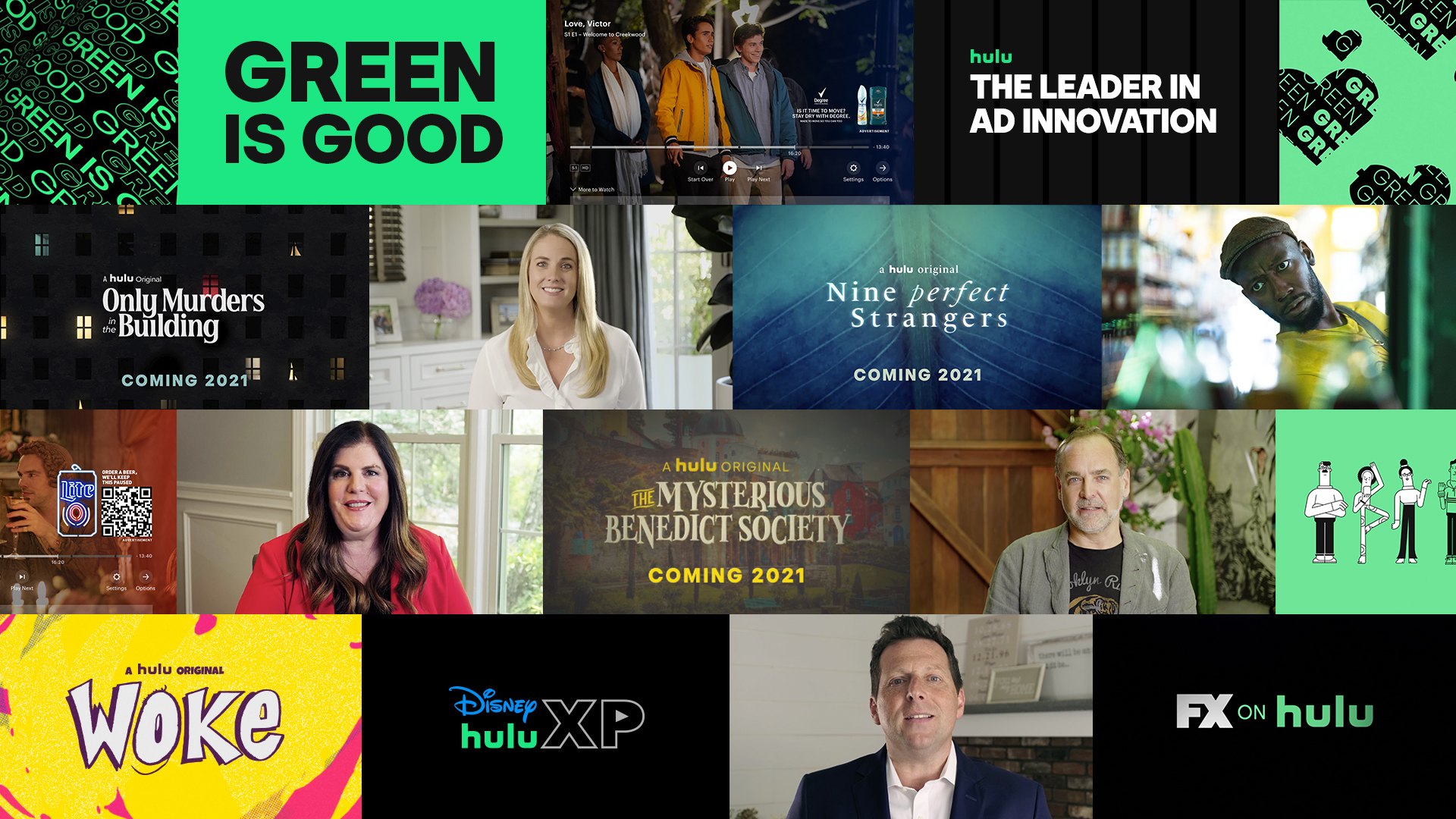60% of Advertisers Bought Less in Upfront: Survey
Advertiser Perceptions finds marketers found flexibility in options to buy more inventory at upfront pricing

The smarter way to stay on top of broadcasting and cable industry. Sign up below
You are now subscribed
Your newsletter sign-up was successful
In an unusual market influenced by the COVID-19 pandemic, 60% of advertisers said they bought less advertising in this year's upfront than last year, but gained flexibility from the networks by being able to secure options to expand their buys during the season at upfront prices, according to a new survey by Advertiser Perceptions.
While there was some talk about either changing the timing of this year’s upfronts or getting rid of them altogether, the advertisers and media buyers in Advertiser Perceptions said they found the traditional commercial bazaar still useful in some form.
Related: Networks Declare Victory in Unusual Upfront
About two-thirds of advertisers said they believe TV needs an organized marketplace like the upfront where they can negotiate high-volume deals. The main reasons they participate in the upfront are access to preferred rates and unique program offerings.
The advertisers were split around when the upfront should be held next year. One third favored a calendar year upfront, where annual buys start Jan. 1, 30% want multiple theme events throughout the year and 28% want the traditional spring upfront with the advertising year starting in October.
Only 7% said they wanted the upfront canceled altogether.
Because of the pandemic, the networks were forced to cancel the in-person presentations usually held in venues like Radio City Music Hall and Carnegie Hall. The networks instead held virtual events, and 75% of attendees found those online events “as effective or better than in-person events.”
The smarter way to stay on top of broadcasting and cable industry. Sign up below
The timing of the upfront market was not the most important issue to advertisers. Outcomes measurement was the top concern for 57% of those surveyed, 52% prioritized more accurate audience estimates and 50% want more transparency in measurement. Just 22% said they were concerned about upfront timing.
“The real issue around the Upfront is measurement and transparency, which is at a critical crossroads for the TV business,” said Andy Sippel, executive VP at Advertiser Perceptions. “Digital media are accustoming advertisers to more granular measurement of audience and potential impact. Advertisers want more of this from TV, and they’re more concerned with the terms of the deal than the timing of the negotiation."
The upfronts are about TV, but digital advertising is eclipsing TV in both spending and influence. Nearly 60% of advertisers say that digital and mobile video are now more important to their advertising success than TV in any form, including linear, streaming and connected.
“Although people are spending more time with more kinds of video across channels, the content that advertisers most want to put their brands in remains a scarce opportunity,” said Justin Fromm, executive VP business intelligence at Advertiser Perceptions. “The content that can attract a brand’s priority audience consistently is hard to make, and not everyone can do it well. Advertisers will continue to line up for it in upfront marketplaces.”
Advertiser Perceptions interviewed 301 advertisers – 150 marketer and 151 agency executives – in July 2020 for its 2020 Upfront Report.
Jon has been business editor of Broadcasting+Cable since 2010. He focuses on revenue-generating activities, including advertising and distribution, as well as executive intrigue and merger and acquisition activity. Just about any story is fair game, if a dollar sign can make its way into the article. Before B+C, Jon covered the industry for TVWeek, Cable World, Electronic Media, Advertising Age and The New York Post. A native New Yorker, Jon is hiding in plain sight in the suburbs of Chicago.

